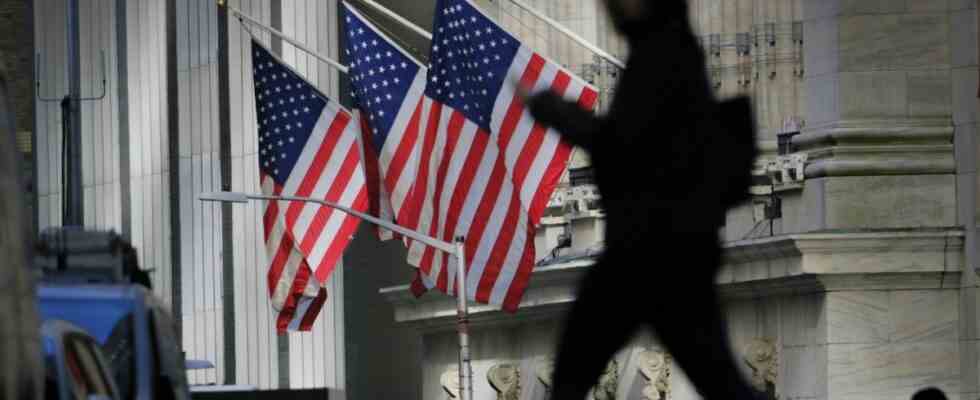Rising interest rates and a gloomy economy have given the world’s largest investment banks their worst year since 2016 in terms of transactions and fundraising. The top 100 highest-earning banks made $77.1 billion in 2022 from mergers and acquisitions and equity and debt issuance, down 38 percent from the previous year. This is shown by a survey by BCG Expand Research in London, an analyst firm belonging to the Boston Consulting Group. The value of global mergers and acquisitions fell by a third last year to $3.6 trillion, according to data compiled by Bloomberg.
“At current levels of inflation, the high-yield environment is not going away overnight and this year is likely to be challenging again,” said Expand Research’s Jordan Galhardo-Burnett. Banks could focus on other areas like bond and commodity trading, which have been doing well in 2022, he said.
Companies covered by BCG include Goldman Sachs, Citigroup, JPMorgan Chase & Co. and Morgan Stanley. Goldman Sachs worked on $982 billion worth of transactions last year, the most of any bank tracked by Bloomberg. That was still about a quarter less than the U.S. bank’s total volume in 2021. JPMorgan came second with $733 billion in transaction values, down more than a third from a year earlier.
The US banks, which are due to report their fourth-quarter results this week, have already signaled that the difficult conditions are affecting their numbers. Goldman Sachs’ investment banking revenues fell 57 percent in the third quarter, more than analysts had expected. Revenue from equity and debt underwriting collapsed, as did merger advisory fees. At Citigroup, third-quarter investment banking revenue plunged 64 percent, while JPMorgan posted a 47 percent decline.
It all leads to a dismal bonus season for so-called “deal makers”. those bankers who advise on mergers and acquisitions are likely to see their bonuses fall by as much as 20 percent, the consulting firm Johnson Associates estimated last year. Their colleagues in the underwriting department are likely to take the biggest hit as bonus payments drop by as much as 45 percent, the compensation consultant said. According to Bloomberg data, companies raised around $204 billion through IPOs in 2022. That is more than two thirds less than in 2021.
The past year has been “like an ending party with a hangover settling” for investment banking as governments cut support for the pandemic response and Russia invaded Ukraine, according to Julian Morse, head of brokerage firm Cenkos Securities. However, he believes that more bad news about the war and the economy is already priced in, so any possible upside surprises could restore confidence in the market. Some companies may also be able to offset the fall in earnings with stronger performance in areas such as government bond trading, according to Eric Li, head of global banking research at Coalition Greenwich.
Banks expected investment banking to pick up again from mid-2023, Li said. Layoffs are likely to be less pronounced than during the financial crisis. In addition, the labor market is tight. “But there will be job cuts and not every job will be secure,” Li said.

